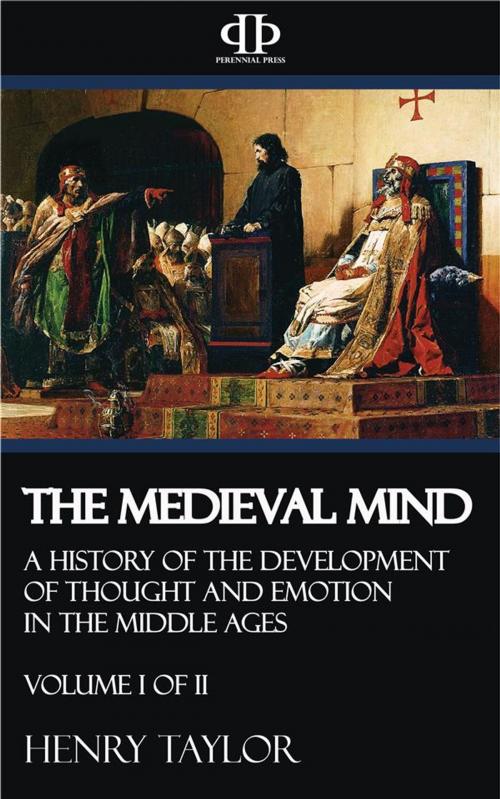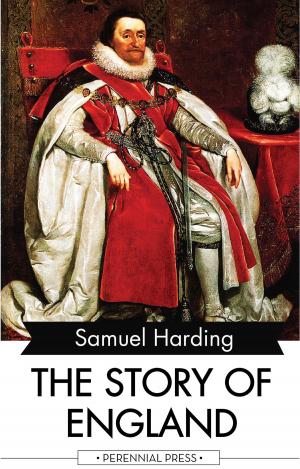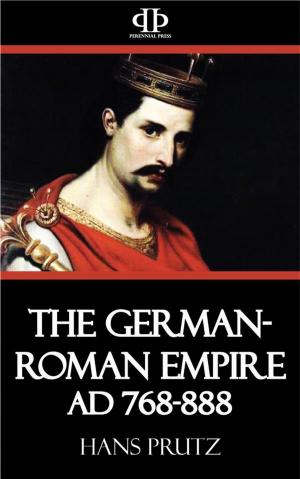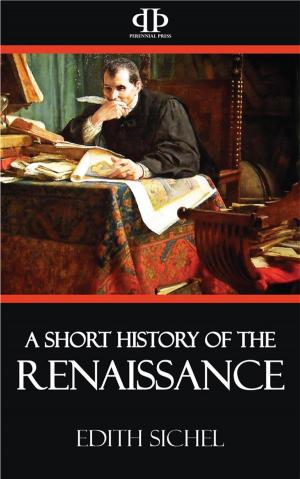| Author: | Henry Taylor | ISBN: | 9781518342776 |
| Publisher: | Perennial Press | Publication: | December 19, 2015 |
| Imprint: | Language: | English |
| Author: | Henry Taylor |
| ISBN: | 9781518342776 |
| Publisher: | Perennial Press |
| Publication: | December 19, 2015 |
| Imprint: | |
| Language: | English |
The Middle Ages! They seem so far away; intellectually so preposterous, spiritually so strange. Bits of them may touch our sympathy, please our taste; their window-glass, their sculpture, certain of their stories, their romances,—as if those straitened ages really were the time of romance, which they were not, God knows, in the sense commonly taken. Yet perhaps they were such intellectually, or at least spiritually. Their terra—not for them incognita, though full of mystery and pall and vaguer glory—was not the earth. It was the land of metaphysical construction and the land of spiritual passion. There lay their romance, thither pointed their veriest thinking, thither drew their utter yearning.
Is it possible that the Middle Ages should speak to us, as through a common humanity? Their mask is by no means dumb: in full voice speaks the noble beauty of Chartres Cathedral. Such mediaeval product, we hope, is of the universal human, and therefore of us as well as of the bygone craftsmen. Why it moves us, we are not certain, being ignorant, perhaps, of the building’s formative and earnestly intended meaning. Do we care to get at that? There is no way save by entering the mediaeval depths, penetrating to the rationale of the Middle Ages, learning the doctrinale, or emotionale, of the modes in which they still present themselves so persuasively.
But if the pageant of those centuries charm our eyes with forms that seem so full of meaning, why should we stand indifferent to the harnessed processes of mediaeval thinking and the passion surging through the thought? Thought marshalled the great mediaeval procession, which moved to measures of pulsating and glorifying emotion. Shall we not press on, through knowledge, and search out its efficient causes, so that we too may feel the reality of the mediaeval argumentation, with the possible validity of mediaeval conclusions, and tread those channels of mediaeval passion which were cleared and deepened by the thought? This would be to reach human comradeship with mediaeval motives, no longer found too remote for our sympathy, or too fantastic or shallow for our understanding...
The Middle Ages! They seem so far away; intellectually so preposterous, spiritually so strange. Bits of them may touch our sympathy, please our taste; their window-glass, their sculpture, certain of their stories, their romances,—as if those straitened ages really were the time of romance, which they were not, God knows, in the sense commonly taken. Yet perhaps they were such intellectually, or at least spiritually. Their terra—not for them incognita, though full of mystery and pall and vaguer glory—was not the earth. It was the land of metaphysical construction and the land of spiritual passion. There lay their romance, thither pointed their veriest thinking, thither drew their utter yearning.
Is it possible that the Middle Ages should speak to us, as through a common humanity? Their mask is by no means dumb: in full voice speaks the noble beauty of Chartres Cathedral. Such mediaeval product, we hope, is of the universal human, and therefore of us as well as of the bygone craftsmen. Why it moves us, we are not certain, being ignorant, perhaps, of the building’s formative and earnestly intended meaning. Do we care to get at that? There is no way save by entering the mediaeval depths, penetrating to the rationale of the Middle Ages, learning the doctrinale, or emotionale, of the modes in which they still present themselves so persuasively.
But if the pageant of those centuries charm our eyes with forms that seem so full of meaning, why should we stand indifferent to the harnessed processes of mediaeval thinking and the passion surging through the thought? Thought marshalled the great mediaeval procession, which moved to measures of pulsating and glorifying emotion. Shall we not press on, through knowledge, and search out its efficient causes, so that we too may feel the reality of the mediaeval argumentation, with the possible validity of mediaeval conclusions, and tread those channels of mediaeval passion which were cleared and deepened by the thought? This would be to reach human comradeship with mediaeval motives, no longer found too remote for our sympathy, or too fantastic or shallow for our understanding...















